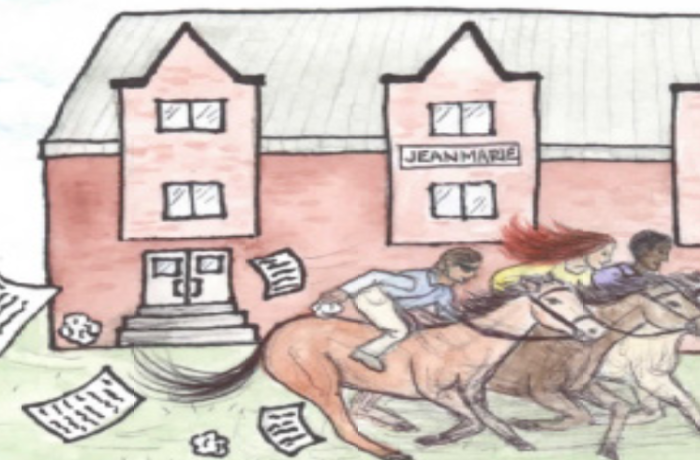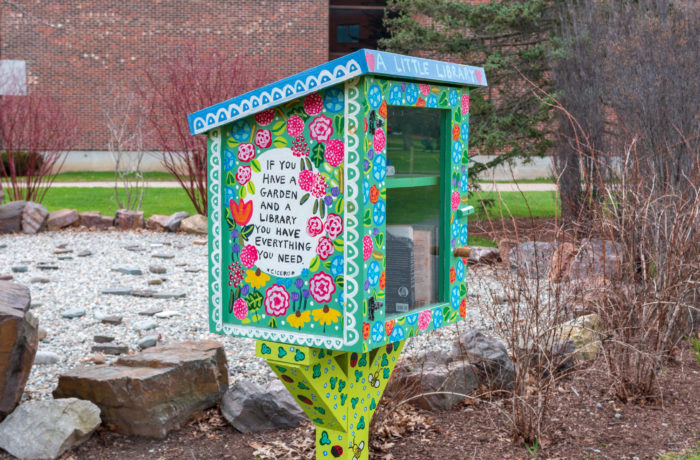By Alyssa Breunig
Speaking to a crowd of 150 students, faculty and staff at the McCarthy Arts Center, on the evening of Oct. 5, Khalil Gibran Muhammad, professor of history, race, and public policy at Harvard Kennedy School said, “To be white is to be American.”
Muhammad’s speech focused on the theory that the United States is reliving the issues of its past. We must stop ignoring the past and teach others what it was like to be African American. He conveyed his message through current examples today such as the use of the Confederate flag, and the meaning of the national anthem.
As the author of The Condemnation of Blackness: Race, Crime, and the Making of Modern Urban America, Muhammad’s aim is to educate others about African American history and the effect it has on being a person of color in today’s society.
Muhammad spoke within the context of this year’s common text for First-Year Seminar Between the World and Me, by Ta-Nehisi Coates.The book is a letter to Coates’ 15-year-old son about his personal, historical, and intellectual development into his ruminations on how to live in a black body in America. It spans the personal, such as growing up in Baltimore, his cultivation of an intellectual consciousness at Howard University, and the historical, expressed in his discussion of the ways in which the black body has always been inferior in society.
Much of Muhammad’s work focuses on the debate within the country about whose history is on display. Referring to monuments and flags commemorating the past, including the statues of Robert E. Lee in Charleston which was the subject of recent protests and conflict between white supremacists and African Americans, he analyzes what these messages about our nation. “We are living in a moment of intense conversation of politics around racism,” Muhammad said. In order to have our history save us, we must actually teach it, he said, adding that African Americans have contributed to this very old debate from Fredrick Douglas to Bree Newsome to Ta-Nehisi Coates.
“Muhammad’s speech was beneficial because he used his economic and historical background to show how people used statistics to prove that black people are inferior,” said Walker Storey ’21. Storey explained how Muhammed offered a current perspective on Coates’ book by talking about the Colin Kaepernick situation in which the NFL player took a knee during the National Anthem.
Muhammad’s speech questioned “what is the meaning of America?” Muhammad said he believes the answer to this comes down to us, and we have the choice to decide what we want our country to be. This belief echoes Coates’ because he asks many open ended questions that the reader has to think about and try to answer for themselves.
“ I love that he’s turning the burden of being hopeful back on white people,” Muhammad said. “He’s basically saying it’s that hopefulness that blinds you from actually doing the work we need to do to have the country we claim to have.”


